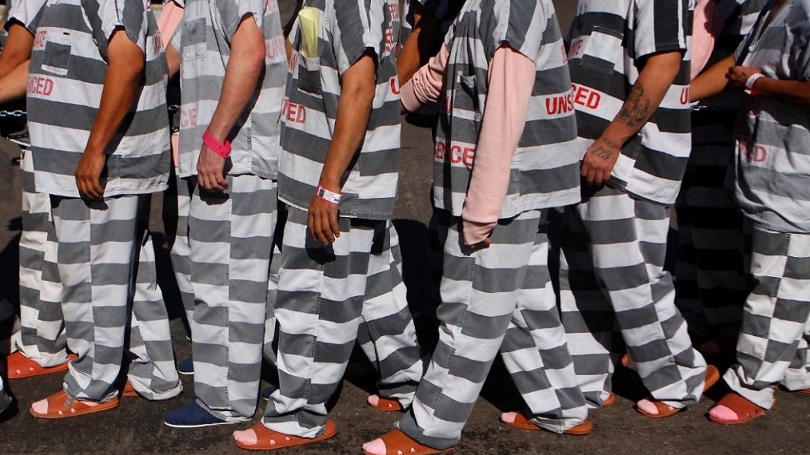
- Public Policy
- Leadership
- Funding
- News & Events
- About the Center
Back to Top Nav
Back to Top Nav
Back to Top Nav
Back to Top Nav
The U.S. Bureau of Justice estimates that on any given day, more than 2 million people are incarcerated in the United States. Mass incarceration affects many facets of American society, but its consequences are concentrated on racial and ethnic minority communities. Several reforms have been proposed to help reduce the scope of incarceration and the disparities in its application, but the question remains, are these politically feasible and, if so, how impactful will they really be?
On Tuesday, May 24, 2016, the Nelson A. Rockefeller Center and the Program in Quantitative Social Science welcomed the Director of Yale University’s Institution for Social and Policy Studies Behavioral Research Lab, Gregory Huber; and Associate Professor of Political Science, Business Economics and Public Policy at the University of Pennsylvania, Marc Meredith, for an essential discussion about mass incarceration in the United States. Their talk, “Racial Disparities in the American Prison Population: Where Does It Come from and Are There Any (Easy) Solutions?” documented the scope and disparate impact of incarceration, highlighted the ways in which incarceration is only the tip of the iceberg for how the criminal justice system affects citizens, and examined the likely efficacy and political feasibility of proposed reforms to the criminal justice system.
Submitted by Devyn Greenberg ’17, Rockefeller Center Student Program Assistant for Public Programs
The views and opinions expressed and any materials presented during a public program are the speaker’s own and do not necessarily represent the views and opinions of the Rockefeller Center or constitute an endorsement by the Center.